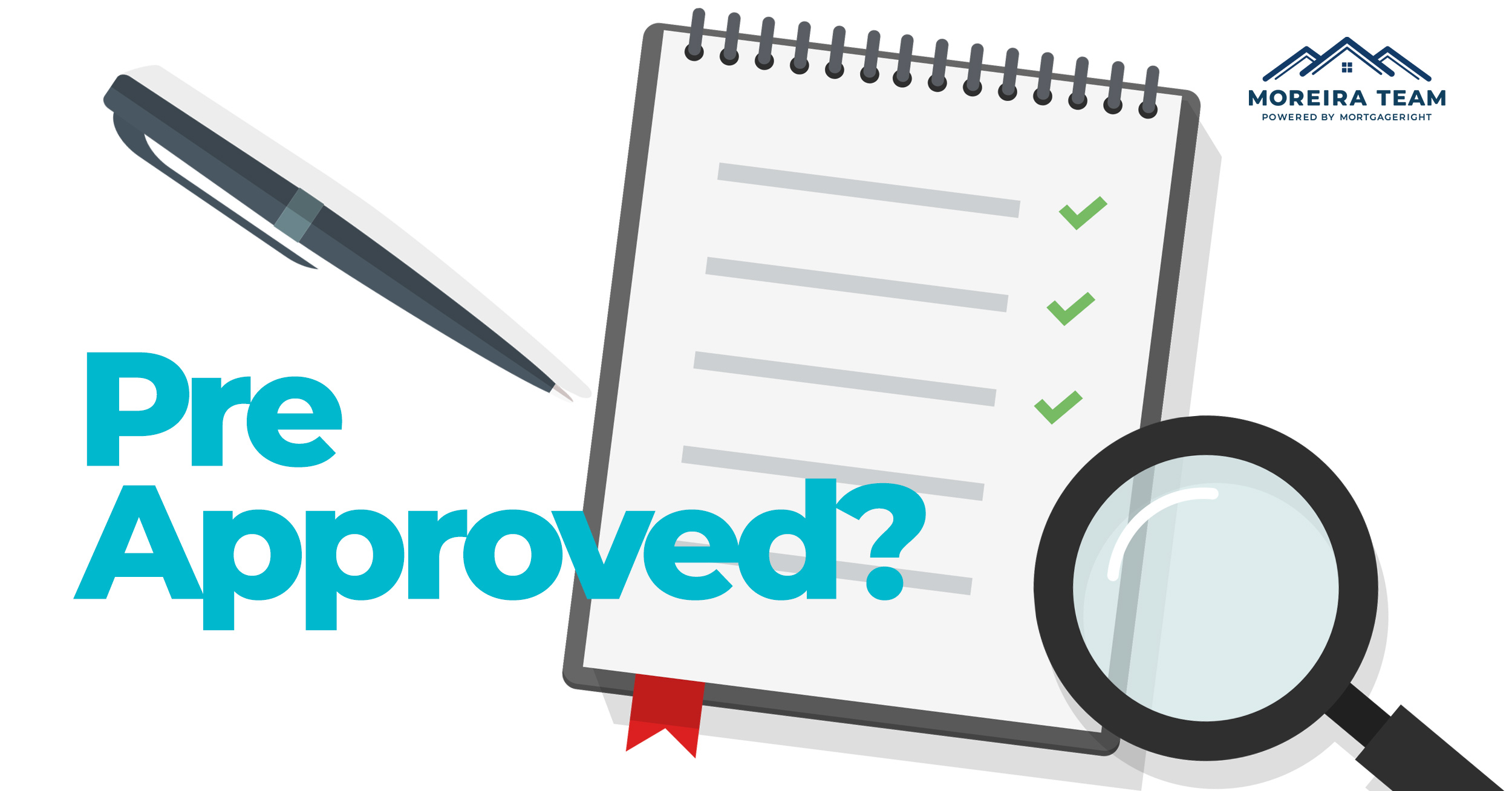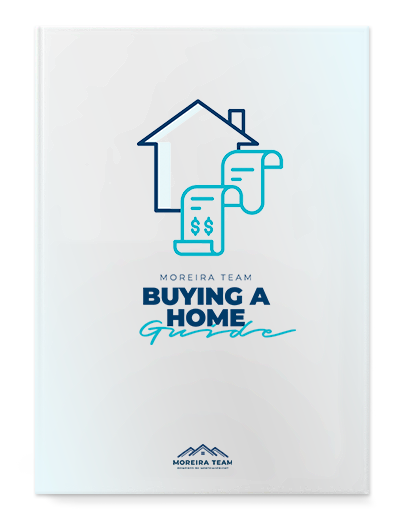
In this article
If you want to buy a property, the first thing that you need to do is get pre-approved for a mortgage. Pre-approval gives you peace of mind when you go shopping for a home and they also give you some leverage to better negotiate with sellers.
You may be wondering, however, how certain a pre-approval is. Do people ever get turned down for a mortgage even after being pre-approved? Is there a difference between being pre-qualified and having a pre-approved mortgage?
Pre-Qualified versus Pre-Approved for a Mortgage
The first step to buying a house is being pre-qualified for a mortgage. Pre-qualification is a simple process that involves talking to the lender or answering some questions online relating to your credit rating, income, and the size of the down payment you can make. This is a short and simple procedure, and while pre-qualification is useful, it doesn’t mean that you are guaranteed a mortgage. It simply gives you an idea of how much credit you can expect to get pre-approved for.
Pre-approval, on the other hand, is a much more extensive process. In addition to having a credit check the lender will want to document numerous other factors relating to your ability to buy a property. Lenders will look at your credit rating and your financial viability and will want to see your income and asset documentation. The main differences between these processes are that pre-qualification is information that is provided verbally/online, and pre-approval requires much stronger documentation.

7 Steps to Buying a House
Check this Guide Out! It is a must read if you are about to buy a house.
See GuideHow Reliable is a Pre-Approval Letter?
Pre-approval processes can vary massively depending on the lender you are working with. This means that you need to choose the right lender for your circumstances. A lot of lenders will hand out pre-approval letters to people without extensive vetting. It can be hard for prospective borrowers to tell the difference between a lender that vets people thoroughly, giving solid pre-approvals, and one that does not. One general ‘rule of thumb’ is that the more information you have to supply the more likely it is that you will get pre-approved.
Reliable lenders will want to know everything about you and will want to see the documentation that supports the information you supplied. The more information they want to see, the more accurate any decision they make will be. This means that you can start looking for homes in that price range with more confidence.
Do bear in mind that even a strong pre-approval is not an airtight guarantee. There is still an underwriting process that all loan applicants are required to go through.
The full approval process happens once you have found a property you want to buy, went under contract and submitted the loan application. You will need to have an appraisal done on the property, and you will need to ask for financial underwriting approval and get what is known as Clear To Close. You cannot start the search, however, without being pre-approved.
How Long Does Pre-Approval Take?
Pre-approval can take anything from a few hours to a couple of days, depending on how stringent the lender is being with their checks. It will take longer if any of the following things apply to you:
– Recent foreclosures, bankruptcies or short sales on your credit history
– Collections, charge-offs or judgments on your credit report
– Significant monthly debts such as a student loan, car loan or credit card still outstanding
– You are self-employed or an independent contractor
– Your monthly income fluctuates significantly
– Your credit score is poor
– You are buying an investment property
The length of time that it can take to complete a pre-approval will depend on how quickly you can supply the information (and proof) that the lender requires, so have as much documentation as you can available when you contact the lender.
How Long is a Pre-Approval Valid For?
Pre-approvals are valid only for a short amount of time. Usually, a lender will issue a pre-approval for 60 to 90 days. The good news is that it is less work to get an existing pre-approval extended than it is to request a new one, since most lenders will simply want to see fresh bank statements or paystubs to extend the letter that they have already given you.
Avoiding Pre-Approval Struggles
Pre-approvals do not mean that you are guaranteed to get a loan. In addition, you are not guaranteed to get pre-approved even if you think that you would make a good customer. Don’t rely on a mortgage pre-approval – wait until you are approved.
One common mistake that people make when they are pre-approved is to close credit accounts after they have been paid off. What a lot of people don’t realize is that closing a credit account could have a negative impact on your credit score. The same goes for auto loans pouring a lot of money into paying off an auto debt can make your credit rating look worse too.
Of course, taking out new debt is not a good move either. Don’t finance any new furniture just yet, wait until after you have the mortgage!
Taking on fresh debts will change your debt to income ratio and could make your pre-approval invalid.
Changing job is risky too. While getting a better job might seem like a brilliant idea, you should talk to your lender first before making any decisions.
Mortgage Pre-Approval – Think Before You Act
If you have a mortgage pre-approval letter, try to keep everything the same. This means not touching any of your savings or retirement funds or moving money to different accounts. Keep the same bank account, don’t close any open accounts, and don’t borrow any more money. Stay in the same job if you can, too. The less that changes, the more likely it is that your pre-approval will turn into acceptance when you do go to apply for a mortgage.
A Mortgage pre-approval is the first step to getting that home you have always wanted!

